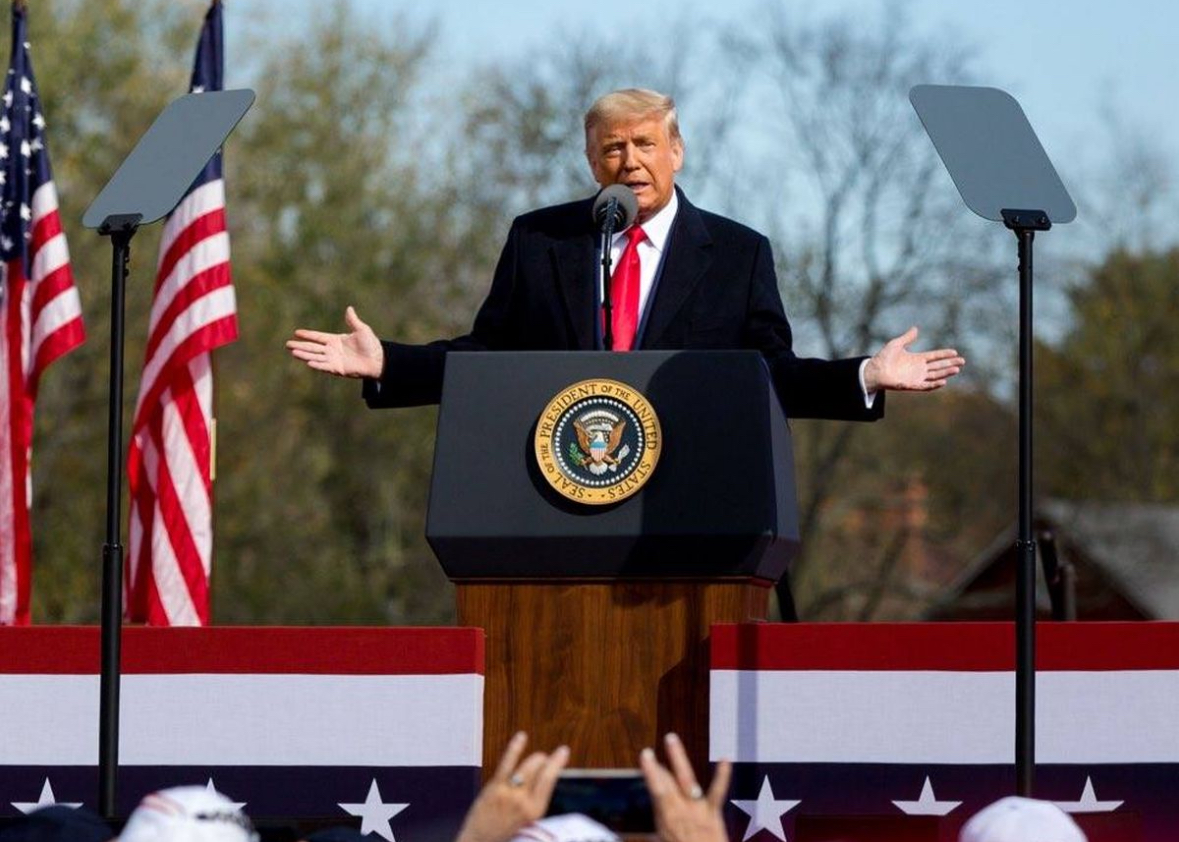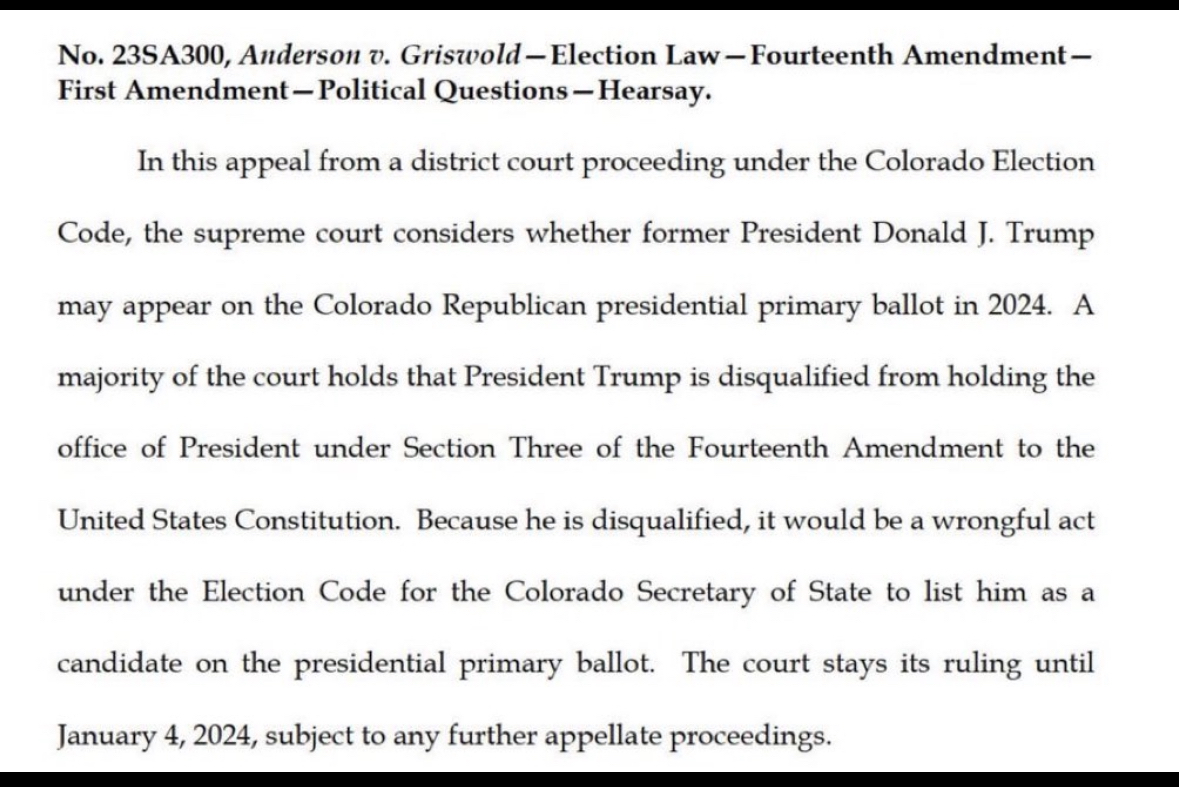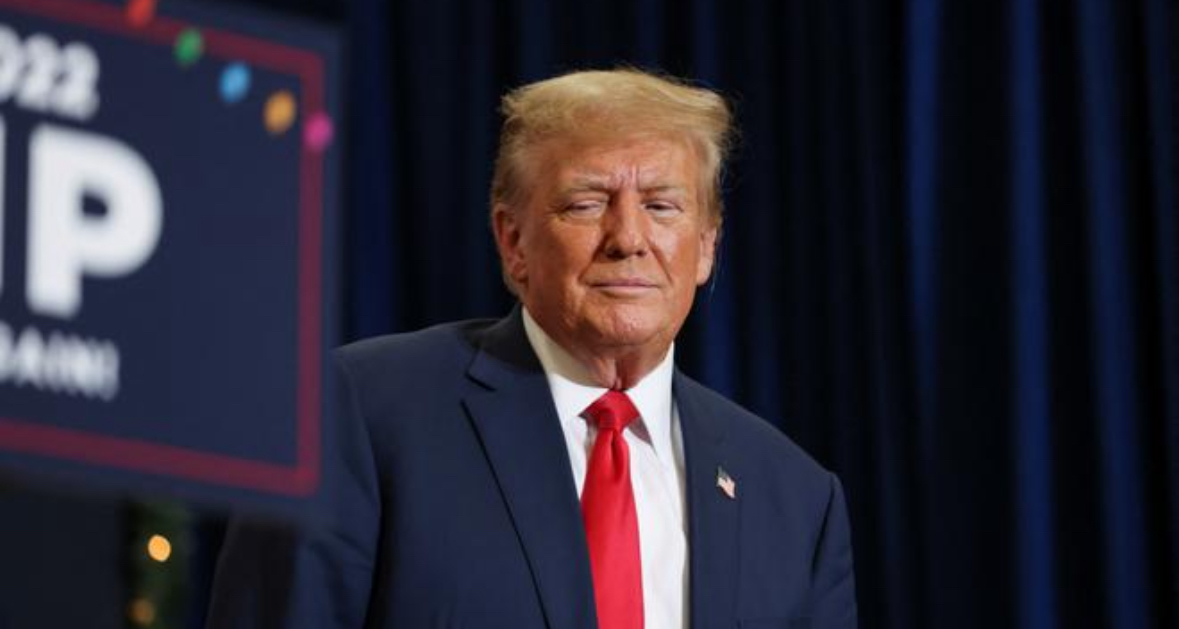The Colorado Supreme Court has ruled that former President Donald Trump is ineligible for the White House under the U.S. Constitution's insurrection clause. This decision marks the first time in history that Section 3 of the 14th Amendment has been used to disqualify a presidential candidate. The court's 4-3 decision removes Trump from the state's presidential primary ballot and sets the stage for a likely showdown in the U.S. Supreme Court.

The Court Uses the 14th Amendment to Disqualify Trump
The Colorado Supreme Court, whose justices were all appointed by Democratic governors, has declared Trump disqualified from holding the office of president under Section 3 of the 14th Amendment. This decision is significant as it is the first time this provision has been used to disqualify a presidential candidate.
Ruling Overturns District Court Decision
The Colorado Supreme Court overturned a ruling from a district court judge who found that Trump incited an insurrection for his role in the January 6 attack on the Capitol. The district court judge had ruled that Trump could not be barred from the ballot because it was unclear whether the provision applied to the presidency.

Potential Showdown in the U.S. Supreme Court
The Colorado Supreme Court's decision has been stayed until January 4, or until the U.S. Supreme Court rules on the case. Colorado officials argue that the issue must be settled by January 5, the deadline for the state to print its presidential primary ballots. Trump's attorneys have promised to appeal the disqualification to the nation's highest court.
Republican Response and Election Interference Claims
Trump's campaign spokesman criticised the Colorado Supreme Court's decision as flawed and undemocratic. The Republican National Committee chairwoman labelled the ruling as election interference and stated that the RNC's legal team intends to support Trump in fighting the decision. The concern is that more courts and election officials may follow Colorado's lead and exclude Trump from must-win states.
Implications for Trump's Candidature

The Colorado disqualification might give other state courts or secretaries the confidence to act similarly, which would be extremely dangerous for Trump's campaign. Many lawsuits across the country have been filed to remove Trump from office in accordance with Section 3 of the 14th Amendment. As the plaintiffs in this case were successful for the first time, it may serve as a model for similar cases in the future.
Arguments and dissenting opinions
Trump's attorneys argued that the language in Section 3 of the 14th Amendment does not apply to the presidency. However, the Colorado Supreme Court disagreed, stating that it would be nonsensical to bar former Confederates from low-level offices but not the highest office in the land. Chief Justice Brian D. Boatright and two other justices dissented, arguing that the constitutional questions were too complex to be resolved in a state hearing.
The Colorado Supreme Court's decision to disqualify Trump from the state's presidential primary ballot under Section 3 of the 14th Amendment sets the stage for a potential showdown in the U.S. Supreme Court. The ruling has sparked controversy and debate, with Republicans criticising it as election interference and Democrats hailing it as a defence of democracy. The outcome of this case could have significant implications for Trump's candidature and the interpretation of the 14th Amendment moving forward.
(Image Source: X )
Ⓒ Copyright 2023. All Rights Reserved Powered by Vygr Media.























